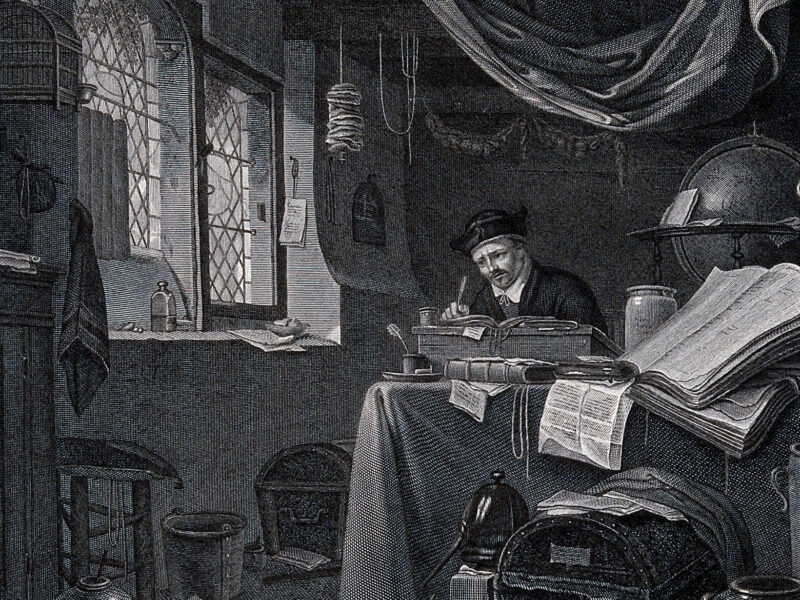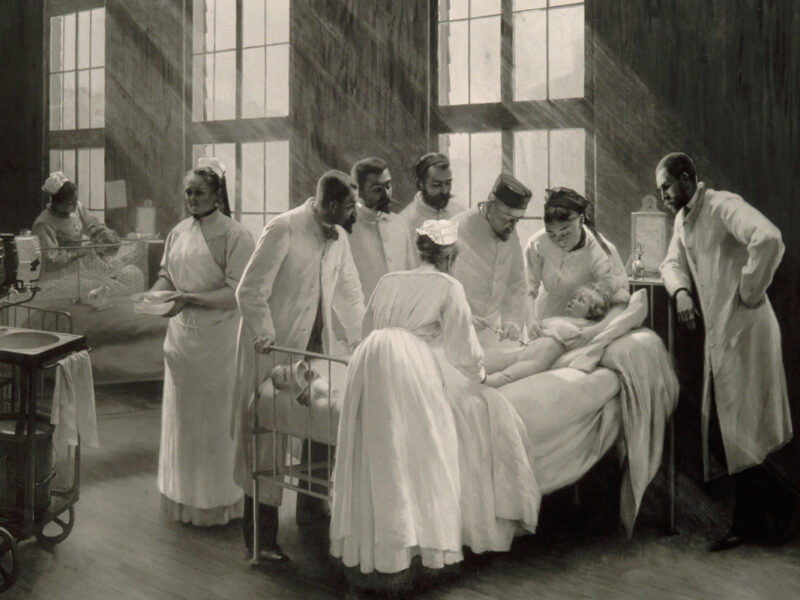While children may consent to treatment without parents' knowledge, doctors still must ensure that the child understands the nature and consequences of the act.
A recent symposium organised by the University of Hong Kong and the Hong Kong Academy of Medicine brought about a meaningful discussion of adolescents giving consent to medical treatment.
It is important to recognise outright that under the common law, parents no longer have absolute power and authority over their children who are below the age of majority. The landmark case on this issue is Gillick v West Norfolk and Wisbech Area Health Authority [1986] AC 112, concerning the provision of contraceptive advice and treatment to girls under the age of 16 without the parent’s consent or knowledge. The UK House of Lords held that doctors could do so in some circumstances, while the parents could not veto the child’s consent. This became what is now known as the “Gillick test” and extends beyond contraceptives:
“… as a matter of law the parental right to determine whether or not their minor child below the age of 16 will have medical treatment terminates if and when the child achieves a sufficient understanding and intelligence to enable him or her to understand fully what is proposed … Until the child achieves the capacity to consent, the parental right to make the decision continues save only in exceptional circumstances…”
– Lord Scarman
The Code of Professional Conduct of the Medical Council of Hong Kong also contains explicit guidance on this issue under paragraph 2.12. The Code essentially applied the Gillick test but nevertheless encouraged the involvement of parents in important or controversial procedures.
2.12.1 Consent given by a child under the age of 18 years is not valid, unless the child is capable of understanding the nature and implications of the proposed treatment. If the child is not capable of such understanding, consent has to be obtained from the child’s parent or legal guardian.
2.12.2 The degree of maturity and intelligence required for a child to understand the nature and implications of the proposed treatment will depend upon the importance and complexity of the case. It is the doctor’s duty to ensure that the child is truly capable of such understanding before acting in reliance on the child’s consent.
2.12.3 While a child may be competent to give valid consent, the child should be encouraged to involve the parents in the decision-making in respect of important or controversial procedures.
The Code also provided legal advice should be sought when there is disagreement between parents or when parents refuse treatment that is “clearly in the best interest of the child”. In such cases, it may be necessary for the doctor to get a court order to proceed with the treatment.
2.12.4 It is usually sufficient to have consent from one parent. However, in relation to major or controversial medical procedures, there may be the duty to consult the other parent. If the parents cannot agree and the dispute cannot be resolved, the doctor should seek legal advice as to whether it is necessary to apply to court for an order.
2.12.5 A doctor should consider seeking legal advice if the parents refuse treatment which is clearly in the best interest of the child, particularly where the treatment is necessary to save the child’s life or to prevent serious deterioration of the child’s health (e.g. blood transfusion for a life-saving surgery).
2.12.6 In exceptional situations (such as emergency, parental neglect, abandonment of the child, and inability to find the parent), treatment without parental knowledge and consent may be justified.
It is only natural that adolescents would be involved in increasingly complex and controversial medical treatments. While the budding maturity is respected, doctors should exercise caution since the professional duty remains firmly with them in making sure the underaged understands the nature of his consent.
Gordon Chan, Esq
Barrister-at-law, Archbold Hong Kong Editor on Public Health, and Member of the Bar Association's Committee on Criminal Law and Procedure. Specialised in medical, technology and criminal law.


